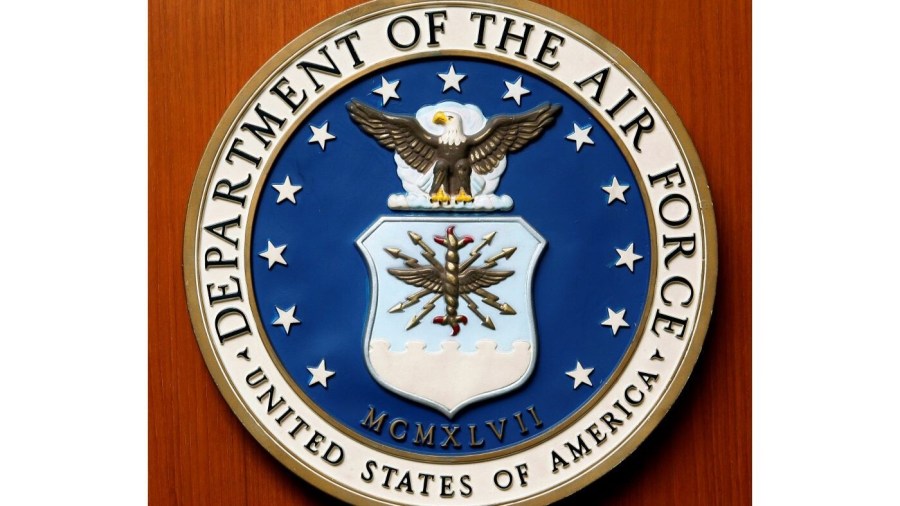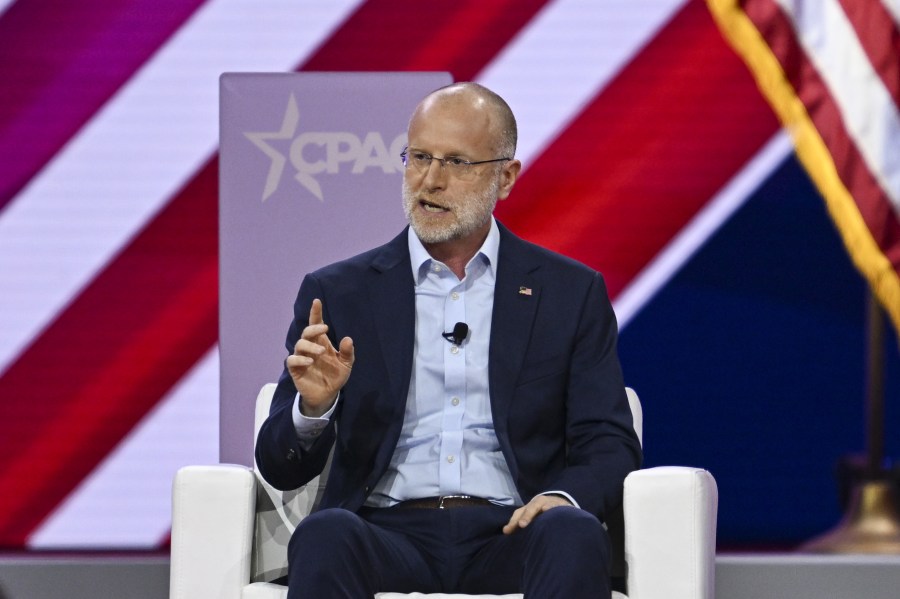
Commissioner Hester Peirce shared concerns with the Block & Order Podcast.

Peirce was appointed to the SEC by Trump during his first term and took office in 2018.
(SEC)
Posted November 12, 2024 at 5:21 pm EST.
SEC commissioner Hester Peirce said she is concerned that the agency is not prepared for a presidential administration that is more hospitable to crypto in an interview on the Block and Order podcast published last week but recorded six days before the election. The subsequent victory by Donald Trump, who has promised clearer crypto regulation under his presidency, added urgency to Peirce’s concerns.
Responding to a question about what she expects under a presidential administration friendlier to crypto in 2025, Pierce said, “What I worry is going to happen is [we will] get a more open mind toward developing good rules, and then [when] they say ‘okay, so what should those rules be?’ no one knows what to do.”
Trump’s Promises
Trump promised greater regulatory clarity for the industry under his administration multiple times during his campaign. At the Bitcoin 2024 conference in Nashville, for example, Trump said that he would appoint a crypto advisory council which would “design transparent regulatory guidance for the benefit of the entire industry” in his first 100 days.
Read More: Trump Has Made Promises to Crypto Voters. If He’s Elected, What Could He Actually Do?
Trump has also repeatedly promised the crypto community that he would “fire” deeply unpopular SEC Chair Gary Gensler on day one of his new administration. Though Trump may not have the legal authority to do so, there’s a high likelihood Gensler would voluntarily resign from his post, and Trump could also demote Gensler to a mere commissioner. Trump’s promise implies that he would replace Gensler with someone whose interpretation of securities law gives the crypto industry more room to innovate.
The SEC Rulemaking Process
Peirce’s concerns reflect the fact that SEC rulemaking must go through several stages and takes a significant amount of time. First, the SEC must allocate time to rulemaking on its official agenda, published twice per year. Its last agenda was published in July, and its next agenda will likely be published in December, though a new SEC Chair can (and typically does) change the agenda completely if they so choose. The Commission then must publish a proposed rule, which is typically available for the public to comment on for about a year, before implementing a final rule.
Sometimes, the process is even lengthier. Before proposing a rule, sometimes the Commission initiates the process by publishing a “concept release,” in which it declares a topic it would like to make rules on. This gives the public an opportunity to comment even before a proposed rule is written.
Read More: What Gary Gensler Could Still Do Against Crypto in His Remaining Days as SEC Chair
A Strategy to Speed Up the Process
Though multiple sources connected to Peirce told Unchained that she did not want to become the new SEC Chair, it is likely that either she or Commissioner Mark Uyeda would become a short-term, interim Chair while the Senate considers approving a Trump appointee to permanently replace Gensler.
George Mason University law professor J.W. Verrett, who agrees with Peirce that the SEC is not currently prepared to propose new rules for the crypto industry, said this interim Chair could issue a concept release ahead of the Senate confirmation if it wants to get a head start. This would theoretically allow Trump’s crypto advisory council, as well as the rest of the industry and Commission staff, to make suggestions immediately after Trump is inaugurated. “That way, you do some of that homework before the new chair even comes in,” Verrett explained.
Read More: If Trump Wins, Could Crypto Get Hester Peirce as SEC Chair?
In her interview on Block & Order, Peirce, who was appointed to the SEC by Trump during his first term and took office in 2018, also reiterated her concerns about how the SEC has pursued NFT issuers such as LBRY and Flyfish Club for offering unregistered securities. According to Peirce, NFTs that are used as a way of cataloging digital memberships are not necessarily securities, and that the line between these uses of NFTs and securities is unclear. She also invited NFT issuers to attempt to register with the SEC and request “no action letters,” which, if granted, would keep the SEC from suing them. This, she suggested, could test the bounds of regulatory enforcement and help clarify whether NFT creators would even be allowed to register as securities issuers.








